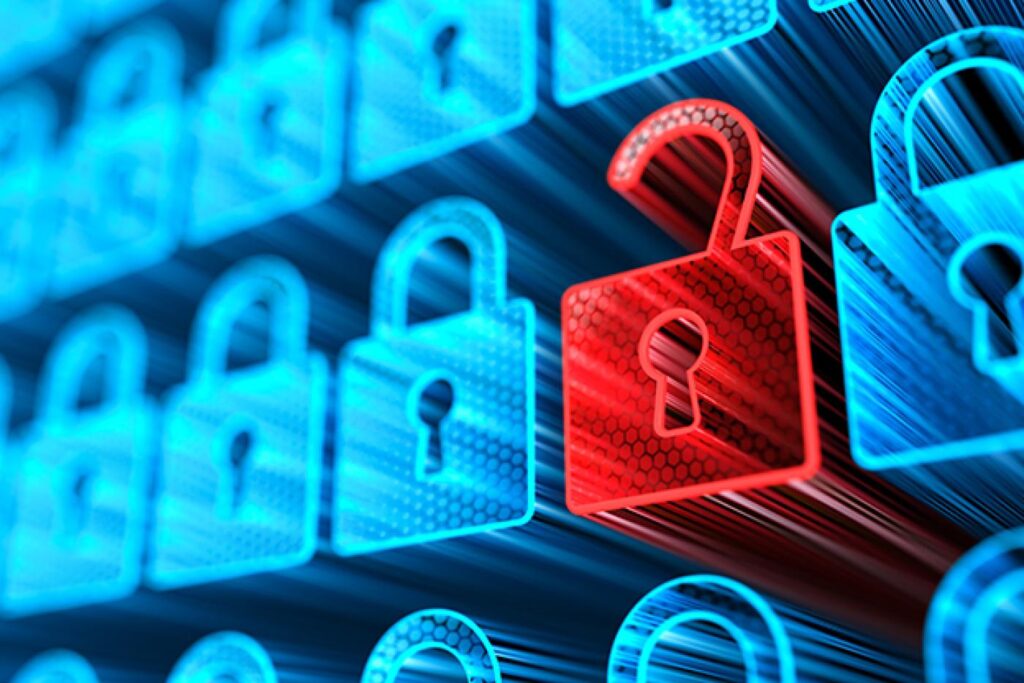Data breaches have had a significant impact on shaping global cybersecurity standards and regulations. As cyberattacks become increasingly sophisticated and widespread, the consequences of data breaches extend beyond the immediate financial losses or damage to an organization’s reputation. They often spark calls for stricter regulatory frameworks and standards to protect sensitive information and enhance cybersecurity protocols across industries and countries. One of the key ways data breaches have influenced global cybersecurity is by highlighting the vulnerabilities in existing systems and the urgent need for stronger security measures. This breach, along with others like it, has driven regulatory bodies to take a more proactive stance in establishing cybersecurity laws and standards. The European Union’s General Data Protection Regulation GDPR, for example, was enacted to enforce stricter data privacy measures and introduce hefty penalties for organizations that fail to protect user data. GDPR has become a global benchmark, pushing companies worldwide to adopt more stringent data protection practices. Data breaches have become a catalyst for the creation and evolution of cybersecurity standards and regulations around the world.

Similarly, in the United States, the influence of high-profile data breaches has led to the introduction of various state-level regulations, such as the California Consumer Privacy Act CCPA, which aims to give residents more control over their personal data. While there is still no federal data protection law in the U.S., these state-level regulations are paving the way for more comprehensive national policies. The breach of organizations like Target and Yahoo has also triggered a wave of reforms in cybersecurity standards. Organizations are now required to disclose data breaches promptly, allowing consumers to take necessary precautions against potential fraud or identity theft. This push for transparency has become a central tenet in the evolving landscape of data protection regulations. Moreover, the frequency of data breaches has prompted international cooperation and the establishment of global frameworks to address cybersecurity threats. The United Nations, the World Economic Forum, and other international bodies have recognized cybersecurity as a critical area for cooperation and have taken steps to foster the development of universal standards.
The adoption of the NIST Cybersecurity Framework in the U.S. and similar frameworks in other countries has helped to standardize approaches to risk management, incident response, and data protection, ensuring that organizations across borders adhere to best practices in cybersecurity. In response to data breaches, organizations are also turning to advanced technologies, such as artificial intelligence and machine learning, to bolster their cybersecurity defenses. These technologies are being integrated into regulatory requirements to ensure that companies not only protect sensitive data but also actively monitor and defend against emerging cyber threats. The evolving threat landscape, coupled with the increasing reliance on digital platforms for business and personal transactions, has made cybersecurity a priority for governments, industries, and consumers alike. These incidents underscore the need for robust frameworks to ensure the safety of sensitive data and protect individuals from the far-reaching consequences of cybercrime and How to protect your Data. As the digital world continues to grow, so too will the standards and regulations designed to defend it, shaping the future of global cybersecurity.